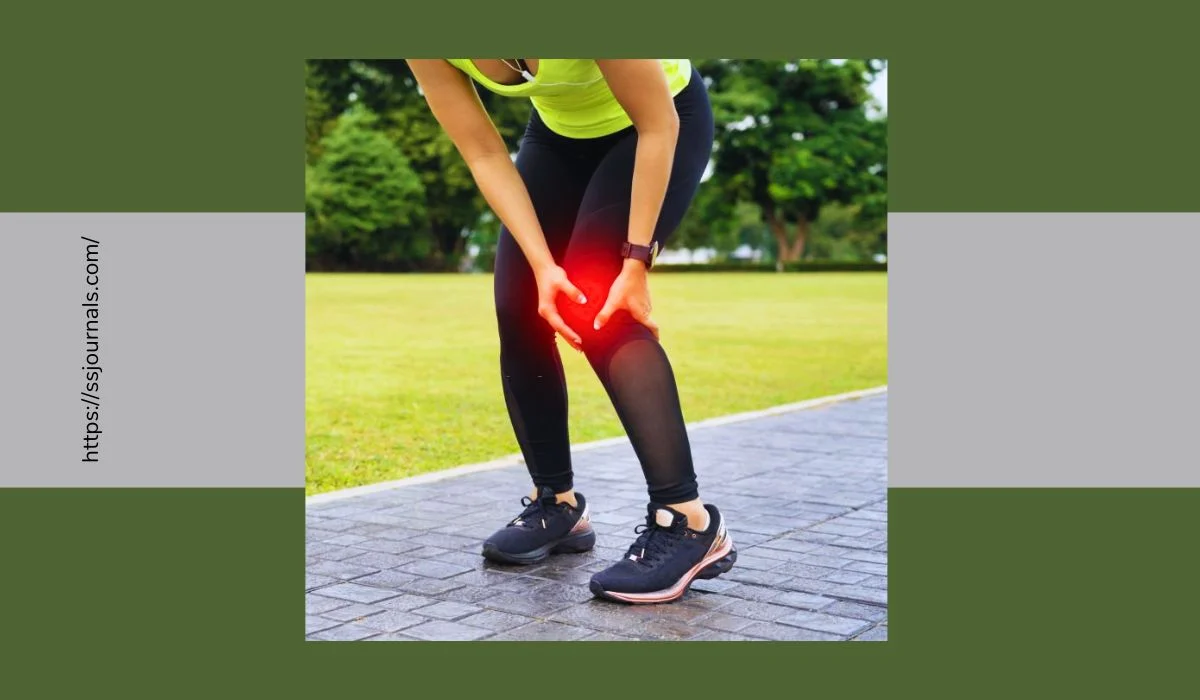Lack of vitamin D is a cause of joint pain. It’s essential for keeping bones healthy. When we don’t get enough of it, our bones and joints weaken, leading to pain.
Vitamin D deficiency is common, especially in regions with long winters or limited sun exposure. Sunlight is the main source, as the skin produces it from UVB rays. But many of us stay indoors or wear sunscreen, blocking its absorption.
To prevent this and joint pain, there are steps you can take:
- Spend 15-30 minutes outside daily to help boost your vitamin D levels. During peak hours, avoid prolonged sun exposure.
- Try adding foods rich in vitamin D to your diet. Fatty fish, dairy products, and cereals are great sources.
The Link Between Vitamin D Deficiency And Joint Pain
Joint pain can be a common complaint. Research and discussion have looked into the link between joint pain and vitamin D deficiency. Studies show there is a connection. When our bodies lack sufficient vitamin D, it can lead to joint pain and stiffness.

Vitamin D plays an important role in bone health. It helps our bodies use calcium for strong and healthy bones. When we don’t have enough vitamin D, our bones can become fragile, potentially leading to osteoporosis. But what does this have to do with joint pain?
It turns out that vitamin D deficiency affects joints too. Research has shown that people with low vitamin D levels are more likely to experience joint pain and inflammation. Vitamin D helps regulate certain immune cells, and an imbalance of these cells may cause joint discomfort.
Symptoms And Effects Of Vitamin D Deficiency On Joint Health
Vitamin D deficiency can cause sore joints. Low levels of this vital vitamin can lead to joint pain and stiffness. It even increases the chance of getting osteoarthritis and rheumatoid arthritis.
Without enough vitamin D, the body can’t absorb calcium. Calcium is essential for keeping bones strong and healthy. Weak bones make joints more vulnerable to harm. This may cause inflammation, pain, and limited movement.
Vitamin D can also control the immune system. If it’s missing, the immune system may harm the joints. This can lead to prolonged inflammation and inflammatory joint diseases like rheumatoid arthritis.
Other signs of low vitamin D are fatigue, depression, weak muscles, and bad wound healing. Symptoms vary from person to person. Age, gender, and overall health affect how people react to a deficiency.
To stop vitamin D deficiency and protect joint health, get enough of this nutrient. Sunlight is a great source. But always use sun protection to avoid skin damage.
Foods that are high in vitamin D are salmon, mackerel, dairy products, eggs, and mushrooms. But it can be hard to get enough just through diet. So, take supplements with a doctor’s guidance.
Lifestyle Changes To Support Vitamin D Absorption And Joint Health
Leading a healthy lifestyle is key to getting the vitamin D you need and keeping your joints strong. Making some changes to your daily routine can make a big difference. Here’s what you can do:
- Get some sun! The best source of vitamin D is sunlight. Aim for 15 minutes of sun exposure to your face, arms, and legs every day. Midday is the peak time for this!
- Eat wisely: Certain foods are high in vitamin D and can help top up any deficiencies. Try fatty fish like salmon and tuna, fortified dairy, eggs, and mushrooms to get the nutrients your body needs.
- Take supplements: If you can’t get enough vitamin D from the sun or food, supplements could be the answer. Talk to a healthcare professional about the right dose for you. Taking supplements regularly will support absorption and joint health.
Remember that everyone’s needs are different, so pay attention to how much sunlight and dietary intake you need. Take action now and you can enjoy a strong, pain-free future!
Conclusion
Vitamin D deficiency can cause joint pain. To prevent this, it’s essential to get enough sunlight and eat foods with vitamin D. Supplements might be necessary for people with limited sun exposure, or who don’t get enough Vitamin D from their diet.
To keep vitamin D levels healthy, it’s important to spend time outdoors in the sun, especially during peak hours. Wear sunscreen to protect your skin from UV rays, but still let some sunlight in. Foods such as fatty fish, fortified dairy products, and egg yolks contain Vitamin D.

